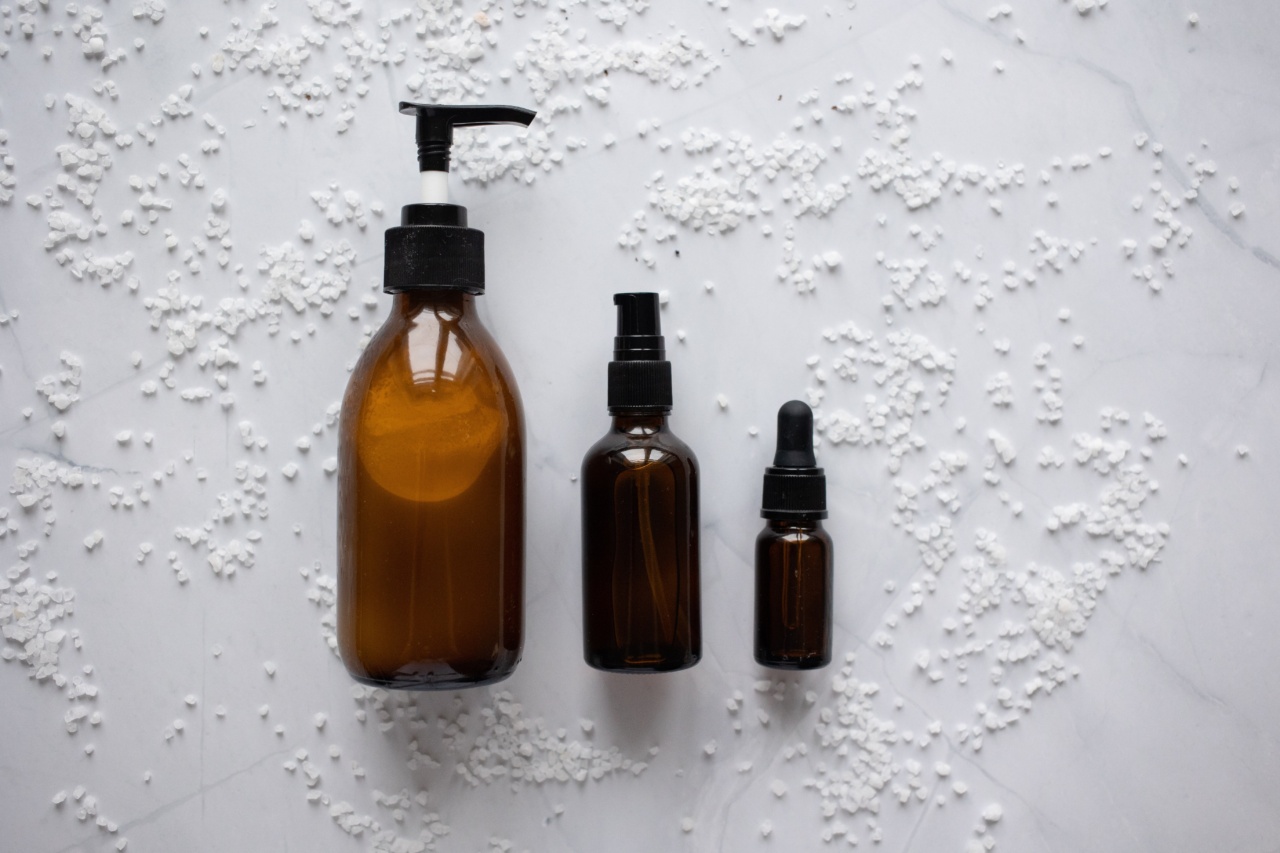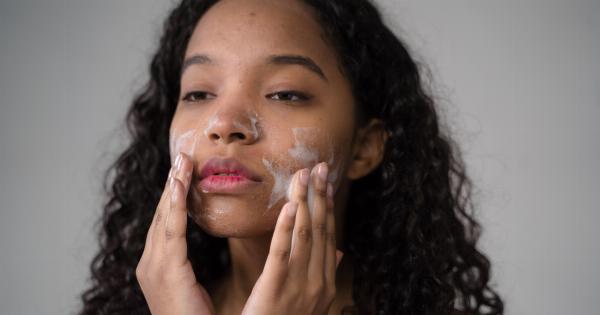One of the most common facial soap mistakes people make is being unaware of their skin type. This can lead to using the wrong product, which in turn can worsen existing problems or cause new ones.
It is essential to know your skin type before selecting a facial soap. For instance, individuals with oily skin should use soap that removes excess oil from the skin. People with dry skin should opt for facial soap that provides moisture to the skin.
Also, those with sensitive skin should avoid using products that contain harsh chemicals, fragrances, and alcohol.
Overly Washing the Face
It is a common belief that washing the face frequently helps eliminate facial oils and dirt. However, over-washing the face can strip the skin of natural oils, leading to dryness, irritation or redness.
Ideally, one should wash their face twice a day, once in the morning and once before bed.
Using Hot Water to Wash the Face
Many individuals use hot water when washing their face, not knowing that it can harm the skin. Hot water can strip away the body’s natural oils and cause premature aging, thereby leaving the skin looking dull and lifeless.
Instead, use lukewarm or cold water to wash the face as it can help to minimize skin irritation and maintain the skin’s natural oils.
Not Rinsing off Soap Completely
Many individuals do not rinse their face soap entirely, which can leave behind a residue on the skin that can block pores and lead to breakouts or other skin issues. To avoid this mistake, make sure you rinse your face thoroughly after washing it.
Pay close attention to areas such as the hairline, chin, and nose, where residue can accumulate.
Scrubbing Too Hard
Rubbing too hard or excessively scrubbing the face can cause microscopic tears in the skin, leading to inflammation or irritation. Most people tend to use harsh exfoliating cleansers or facial scrubs, which can be too abrasive for their skin.
Instead, use gentle circular motions when washing your face and avoid using loofahs or rough washcloths that can cause damage to the skin.
Using Unhygienic Face Towels
Many people do not realize that face towels can harbor bacteria and other microorganisms that can contaminate the skin. It is essential to use a clean towel or paper towel to wipe your face after washing it.
Also, it is recommended to avoid sharing face towels with others to prevent the spread of germs or skin infections.
Not Moisturizing the Skin After Cleansing
It is essential to moisturize the skin after washing it with facial soap. Failure to moisturize can cause the skin to become dry and flaky, leading to discomfort or even cracking.
Apply a moisturizer to your face immediately after washing it to keep your skin healthy and hydrated.
Mixing Different Facial Soap Products
Sometimes, people use different facial soap products thinking that it will help to increase the benefits.
But mixing different products can cause skin irritation and lead to other skin issues, especially when using products that contain harsh chemicals or are incompatible. Stick to one facial soap product or use products recommended by your dermatologist.
Using Facial Soap that is Past its Expiration Date
Facial soaps, like any other beauty care product, have an expiration date. Using a facial soap that has expired can be harmful to the skin and lead to skin problems such as rashes, itching, and inflammation.
Always check the product label for expiry dates before using the facial soap.
Rushing the Face Washing Process
Many individuals rush the face washing process, thinking that quick wash is enough to remove all dirt and germs from the face.
However, a rushed wash can leave germs on the face that can cause infection and other skin issues, which pose a significant risk to acne-prone skin. Take your time when washing your face, and ensure that you clean all areas thoroughly.






























